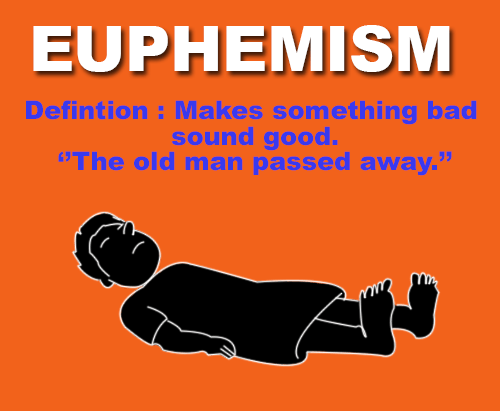
Language and framing are critically important to public debates about policy. The Better Care Reconciliation Act of 2017 is an example of framing that tries to obscure what is really going on.
The BCRA is the Senate’s version of a bill to repeal and replace the Affordable Care Act, also known as Obamacare. Let’s start with the language of “Obamacare”. The language used to name the Affordable Care Act (ACA) was a deliberate attempt to garner support for a law that would increase health coverage but also make other changes in the health care system to “bend the cost curve” of health care spending. “Obamacare” was the term used by those who opposed it and who opposed the presidency of Barack Obama. They thought that linking the law with Obama would cause some people to oppose it on principle. In fact, a number of people who had benefited from the ACA but said they opposed “Obamacare” didn’t know that the two were the same thing. This may account for the increasing popularity of the ACA as Congress and President Trump now try to repeal it.
Now consider the BCRA. What would get better with this bill? What gets worse? Who benefits, who loses?
- Perhaps, some like that it would eliminate the individual mandate to have health insurance. But that will lead to higher premiums for everyone once they need health coverage and try to buy it. The Senate has just modified the bill to reduce the likelihood that younger, healthy people will eschew paying for insurance until they are sick. The modification is that individuals who have a break in their insurance coverage will have to wait six months before signing up for coverage.
- Some may like that it will end Medicaid, as we know it. But this will have such detrimental effects on all of us that the opposition is growing. The bill goes farther than the House version of the repeal effort (called the American Health Care Act) by more drastically cutting Medicaid funding and allowing states to opt for block grants with spending caps. It is estimated that 40% of our nation’s children are on Medicaid. And their parents are likely the working poor, unable to afford other coverage.
- While rural areas largely voted for Trump and a Republican Congress with their promise to repeal Obamacare, few realize that many rural hospitals depend upon the increase in people with health coverage under the ACA, including the Medicaid expansion. Under both the House and Senate version of the repeal bills, the number of uninsured people will rise to more than 20 million. When this coverage is drastically reduced through cuts in Medicaid and other changes that the BCRA will bring about, we’ll once again see an uptick in the closure of rural hospitals. Their financial margins are so thin that even small increases in the uninsured will strain emergency rooms, increase the rate of uncompensated care, and accelerate the economic decline of many rural communities when they lose this important community service.
- The BCRA would get rid of the requirement for a minimum essential benefits package that must be covered by any insurance plan. Some folks like this, saying that they shouldn’t have to pay for someone’s maternity care or substance abuse treatment. But how do we know ahead of time what benefits we might need?
- Others want to see a lowering of taxes for Americans. The bill reduces government spending on health care and will enable the Republican Congress and the president to lower taxes, particularly for the wealthy. So those who are well off will benefit. Those who are poor and middle class will not.
What is “better” in this bill? It is being framed as a better way to reduce government spending and increase tax breaks for Americans. What may not be fully realized by those who support the bill is that it does so directly on the backs of the poor and middle class but will affect our entire nation. It will not produce better care.
Image source: http://english.tutorvista.com/literary-response/euphemism.html



